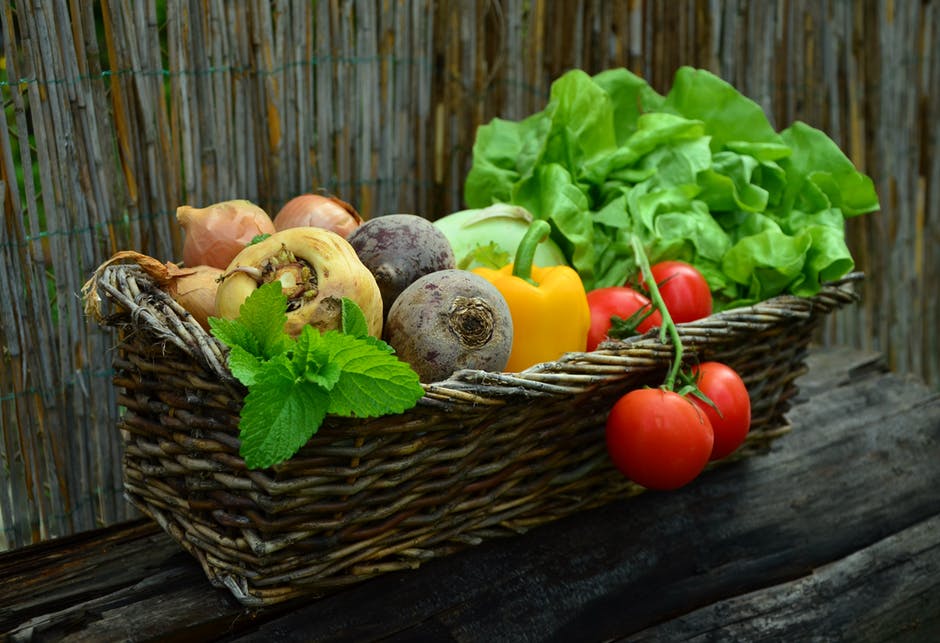
Do you hate the weekly shop?
Okay, let’s put that another way: do you find the weekly shop a bore? It might not get to the point of absolute hatred, but then again, it’s not exactly the kind of thing you would be volunteering your time for if you could avoid it.
Well, this must be your lucky day, as there is a way to avoid the annoyance of the weekly shop – and the hassle forgetting to do it can cause. We’ve all had those moments when we sit down to cereal and realize we don’t have any milk, or go to create a gourmet recipe only to become horribly aware we’re missing a vital ingredient. What if those problems could be swept away with just one simple solution?
If you’re worried it sounds too good to be true then… well, it is too good to be true. Nothing is going to fix your life and ensure you always have the exact supplies you’re looking for; sorry about that. However, there is one way that you can drastically lesson the chances of it happening: buying in bulk.
Okay, so it doesn’t sound like the most exciting, life-changing proposition in the world: granted. But buying in bulk has a myriad of benefits, so if you think you’re up for changing the way you do things, saving some cash for the sake of the family finances, and making life easier on yourself, here’s why bulk buying is the way forward for you. Of course, it wouldn’t be a thorough guide without advising on some of the hiccups you might experience, so there’s plenty of problem-solving talk too.
1) Bulk Buying Is Cheaper Than Standard Purchase Prices

A lot cheaper.
Bulk buying saves the production company a lot of money. It’s easier for the likes of http://www.cleanhappens.com/collections/bulk-and-multi-packs to produce their cleaning products and only have to put them into one container, than it is for them to do the same and split it into 30 containers. That money saving is then passed on to the consumer – and sometimes, that saving can be substantial.
Not only is the purchase price generally lower in and of itself, but many websites will offer further reductions if you spend over a certain threshold. So, for example, if you spend $200 on bulk products, you get an extra 5% off.
2) You’ll Have To Store It

Here’s why bulk buying hasn’t ever really hit mainstream usage: the storage problem.
If you buy one bottle of dishwasher soap, then it’s pretty easy to figure out how to store it. You can pretty much put it anywhere. If, however, you buy a huge vat of dishwasher soap in a container that resembles an oil drum, that’s trickier.
This leads to many bulk buying fans making the decision to invest in specific storage. For non-perishable items, the best way of doing this is usually with some form of outdoor storage. Of course, for this, you need to have the space to do so.
If you don’t, then that means you’re going to be restricted in the amount you can buy (and thus, in the amount you can save). That doesn’t make it impossible though, especially if you…
3) Teaming Up With Neighbors Can Help You All

Think it’s about time you got to know your neighbors better? Than a collective neighborhood bulk buying scheme is the perfect way to go about it.
Working as a unit, you can flex your purchasing power and get those discounts that you all crave. You can then either invest in additional storage that you buy as a group (cutting the individual cost), or a few members of your group can volunteer additional space in their homes as the store room. If this is something you can arrange with your neighbors or your family members, then the savings can be substantial as you work as a unit.
4) You Can’t Bulk Buy Everything

If you read the above and are desperately trying to remember your neighbors’ names, it is worth mentioning that bulk buying only works for certain products.
Perishable items like meat or fresh vegetables with an expiry date are obviously less feasible. It is slightly more realistic if you have the capacity to freeze meat and vegetables though, so keep this in mind – the money you spend on the initial investment in an extra freezer will easily be recovered in your first year of bulk buying.
Bulk buying tends to work best for components rather than finished items. So you can buy the components to make a lasagne, for example, but you’re not going to be able to buy completed ready-to-cook lasagnes like you might in the convenience aisle of the grocery store. So while it can fix some of your problems, you are going to need to do supplementary top-up shops at a store.
5) You Have To Start Slowly

Unless you have a huge reserve of money with which to make a huge purchase from the off, you’re likely going to have to start slowly. It might take literally years for you to build up a stockpile that means you only have to do supplementary grocery store trips. Of course, that pile isn’t going to get anywhere if you don’t start it – but still, it can feel like it’s a long uphill road to having everything you want on hand.
As a final tip: start small. Items like spices – which can keep for a long time – and dried herbs are a great way of beginning to build up your store. There’s a great guide to the most useful kitchen spices at http://www.spicesinc.com/p-477-top-25-spices-every-kitchen-must-have.aspx, so you have some idea where to begin. You’ll save a fortune buying them in bulk, and then you have a way of flavoring basic meals if push comes to shove and you’re running low on food. From there, you can expand outward. It might take time, but it’ll be worth it when you get there. When you get into the habit of having everything you need on hand, you won’t ever want to go back.
